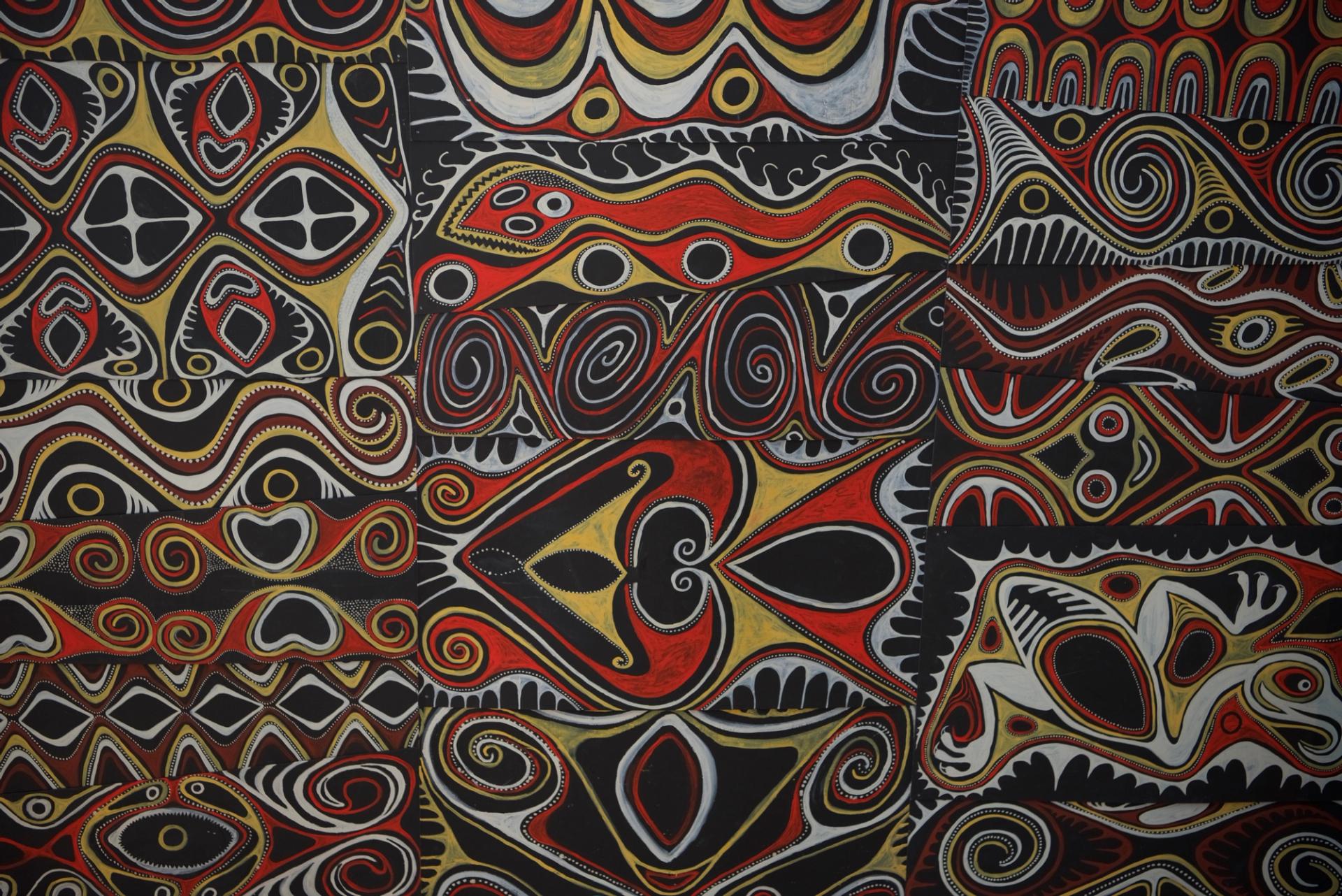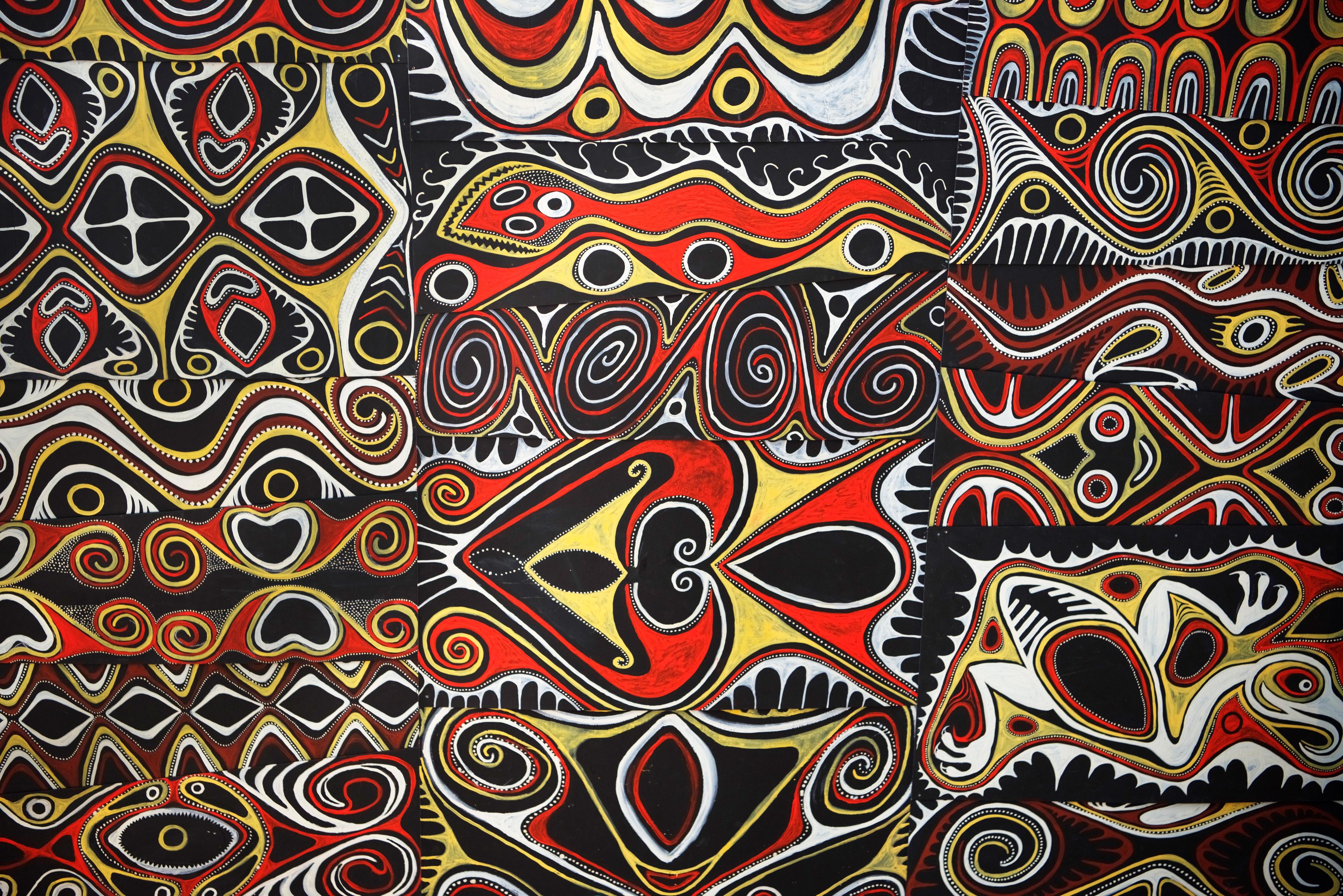Blog
Informal systems of reciprocity, service delivery and corruption

This text is also published by the Australian National University’s Devpolicy Blog.
On the one side, scholars argue that these networks linking families, friends, colleagues, and associates through reciprocal obligations are beneficial to citizens, particularly in providing support during times of crisis. For those supporting this argument, the strong voluntary community responses to the Australian bushfires are an example of just how important informal networks can be. In a different context, Papua New Guineans who have little access to state services benefit significantly from ISRs.
On the other side, there are those who believe informal networks are a key cause of corruption and, in turn, undermine service delivery. Many fear that the threat ISRs pose is exacerbated in developing countries, where the institutions that should keep these networks in check are weak. Anthropologist Chris Gregory provides an excellent analysis of how political and familial networks have helped exacerbate corruption in both Australia and Papua New Guinea (PNG).
In a recent U4 Issue, we examine the role of PNG’s informal social network, the wantok system. Wantok means ‘same language’ or ‘one talk’ in Tok Pisin (the country’s lingua franca) and refers to a reciprocal relationship of favours between kin and community members. Rather than judging the system to be good or bad, we describe its role as falling along a continuum, ranging from providing potentially lifesaving benefits to encouraging corruption.
Improving service delivery outcomes requires understanding and responding to the specific challenges these systems present within different contexts. To assist practitioners in making decisions about how to identify and respond to the strengths and weaknesses of these networks, we have developed a three-tiered analytic model.
The first tier focuses on understanding the broader environment of accountability that ultimately impacts service delivery. To demonstrate the importance of this tier of analysis, we show how PNG’s wantok system shaped development outcomes in two provinces, East New Britain (ENB) and Gulf. The wantok system plays very different roles in these two provinces because of geographical, historical and political factors. In Gulf the system has helped many unable to access state resources, but it has also played a role in the patronage politics that skews the distribution of state resources to well-connected groups. In ENB, the wantok system has proved to be less disruptive to provincial and district administrations.
Policy makers will need to respond differently to the challenges informal systems of reciprocity present in each of these provinces. In ENB, this means improving mechanisms of formal accountability, while in Gulf it means breaking down strong patronage networks.
The second analytical tier provides guidance on understanding how ISRs are structured. We examine two different leadership styles in PNG, the ‘big man’ and ‘big shot’ style. Big man leadership places the emphasis on redistributing resources, particularly to one’s wantoks. Big shot leaders are personally successful but favour a ‘possessive individualism,’ which means they minimise the importance of social ties, as Keir Martin notes.
Each leadership style comes with its own set of opportunities and challenges for service delivery. Big man leadership can ensure that resources are distributed to marginalised communities, but conversely it can strengthen patronage networks and exacerbate corruption. Policy makers see big shots as beneficial to service delivery. However, many citizens consider these leaders selfish and work to undermine their authority.
These findings point to the important role that civil society can play in keeping big shots and big men accountable. In particular, civil society can help facilitate dialogue between leaders (particularly big shots) and communities and help ensure impartiality leads to improved service delivery.
The third tier of analysis draws on recently conducted research, to show how individuals, particularly public servants, are impacted by the wantok system. Findings highlight the importance of supporting those who can resist pressures from their wantoks (senior officials), shifting public servants across administrations, and supporting those unable to resist informal requests (junior staff) and report corruption (women more than men).
In summary, understanding the broader environment of accountability, how informal systems of reciprocity are structured, and how individuals respond to pressures from these networks can help guide policy choices. While we urge caution in copy-pasting our policy recommendations into other contexts, there is scope for applying this investigatory approach elsewhere. Of course, the results and implications will vary, but gathering information around these aspects is important for designing meaningful responses to the challenges posed by informal systems of reciprocity.
Read more in Grant Walton and David Jackson’s January 2020 U4 Issue Reciprocity networks, service delivery, and corruption: The wantok system in Papua New Guinea.
Disclaimer
All views in this text are the author(s)’, and may differ from the U4 partner agencies’ policies.
This work is licenced under a Creative Commons Attribution-NonCommercial-NoDerivatives 4.0 International licence (CC BY-NC-ND 4.0)


